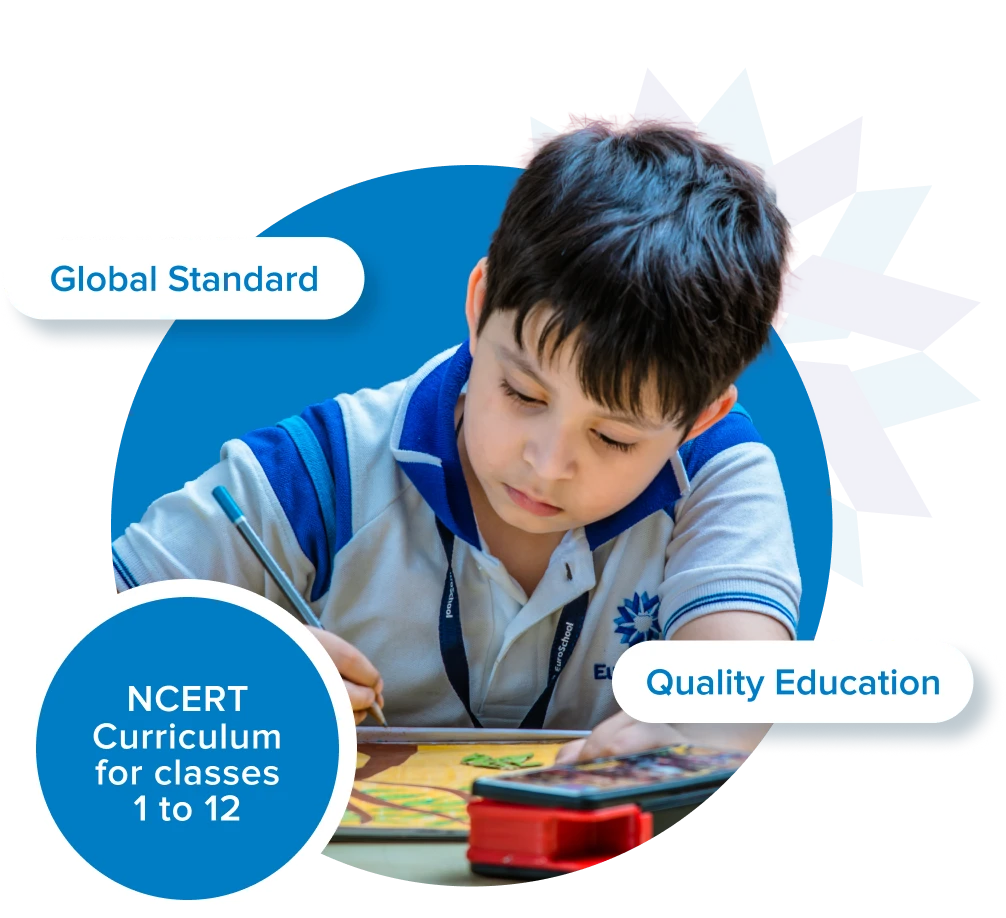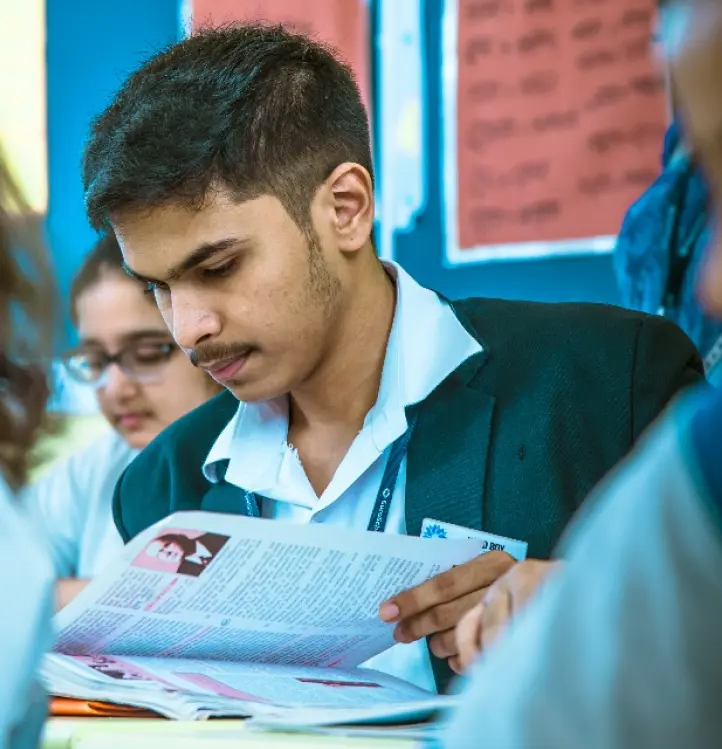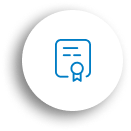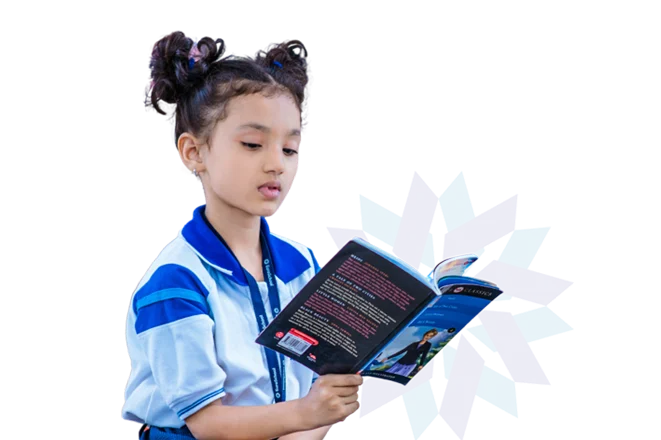
The Central Board of Secondary Education (CBSE) is the national board of education under the Government of India that was formed with the objective of imparting quality education to students in public and private schools. All the schools affiliated with the CBSE Board follow the NCERT curriculum for classes 1 to 12. The CBSE curriculum is most ideal for students who wish to appear for competitive exams like JEE, NEET, etc.
Here, we will go through the CBSE curriculum for classes 1 to 12 in detail.


Studying in an CBSE board school exposes students to world-class educational opportunities. Some of the key features and objectives of the CBSE curriculum
The CBSE curriculum covers all the necessary subjects from classes 1 to 12. The Board revises the syllabus from time to time to stay in line with global education standards. The NCERT syllabus forms the basis of preparation for most of the national-level examinations. Hence, it is important for both students and teachers to stay informed about the syllabus.
Students start their journey of formal education from class 1. The class 1 CBSE Board syllabus is designed to ignite an interest towards studies among students. The class 1 CBSE Board textbooks explain basic concepts using poetry, short stories, infographics, and pictures.
The class 2 CBSE syllabus is designed to inculcate creativity in the students and build curiosity to learn new things. The syllabus includes stories and poetry and focuses on building the habit of reading and writing.
Students can read and write properly in class 3. The CBSE class 3 syllabus is designed to make learning fun and teach basic topics like money, patterns, etc. The English and Hindi curriculum in class 3 also helps in developing students’ language skills.
The CBSE class 4 syllabus is designed to help students explore and learn about various things around them. At this stage, the young minds are very sharp and they grasp such information very quickly. Hence, the learnings at this age stick with them for the rest of their lives.
At this stage, students start developing their questioning abilities. The CBSE class 5 syllabus is designed to develop the students’ scientific and reasoning thought processes that will help them in learning different methods to find solutions to any problem.
Class 6 is the beginning of high school in the CBSE curriculum. In the class 6 CBSE syllabus, students will learn about vital concepts in science, maths, and social science. They also delve deeper into English and Hindi literature.
In the class 7 CBSE syllabus, students are taught important topics in maths, science, and other subjects. Though the pressure of studies is not too high at this stage, understanding these concepts helps students in their further studies.
Class 8 is an important phase in a student’s academic journey. Here, they learn fundamental concepts of the topics that they will study in higher classes. The class 8 CBSE syllabus consists of 5 key subjects- Hindi, English, maths, social science, and science & technology.
In class 9, students are introduced to the study pattern for the CBSE Board examinations. The class 9 CBSE syllabus offers a deeper understanding of the topics covered in different subjects. Practical examinations are also introduced in class 9.
The CBSE class 10 syllabus helps students prepare for the All India Secondary School Examination, also known as the CBSE class 10 board exams. Hence, it is crucial for students at this stage to be aware of the CBSE board syllabus for 2024 and prepare accordingly.
At this stage, students choose their stream of education- arts, science, or commerce. This is a crucial year as it builds the groundwork for the class 12 board exams. The subjects covered in the CBSE class 11 syllabus will vary for each stream.
This is the most crucial stage in a student’s school life as it is the final year before they move on to pursue higher education. The CBSE class 12 syllabus helps students prepare for the All India Senior School Certificate Examination, also called class 12 board exams.
Yes, all the schools affiliated with the CBSE Board must follow the NCERT syllabus for classes 1 to 12.
Yes, in classes 11 and 12, students will have to study two languages, including one of Indian origin.
The CBSE Board revises the syllabus from time to time to stay in line with the global education system. The new CBSE 2024 curriculum helps students prepare for national-level competitive exams like JEE and NEET.
The CBSE curriculum generally has 4 compulsory subjects in class 10. These include English, social science, maths, and any second language chosen by the student.
